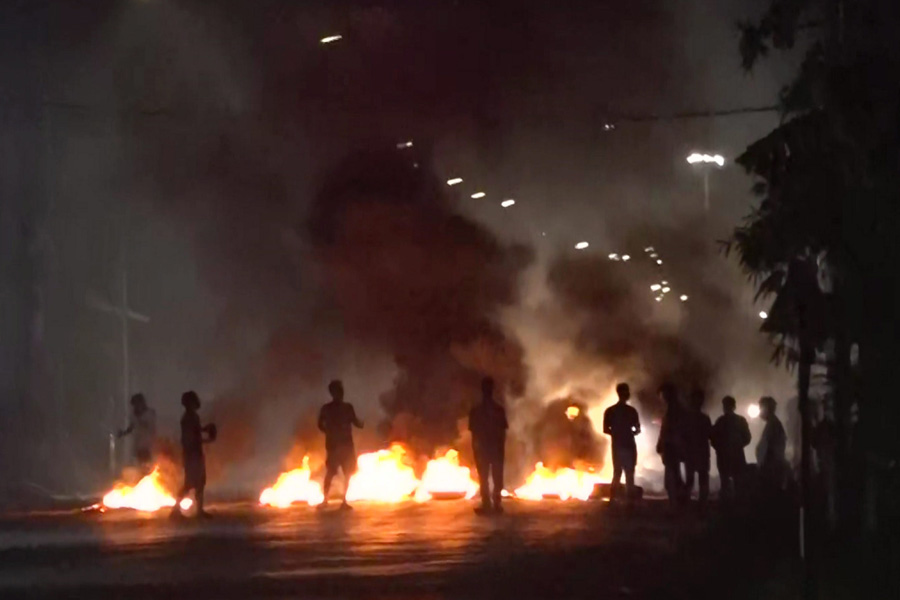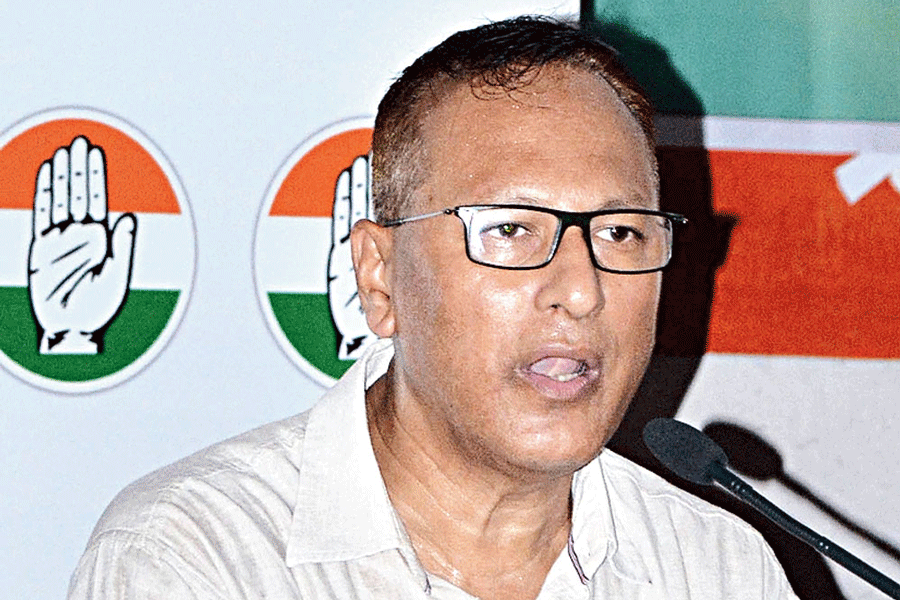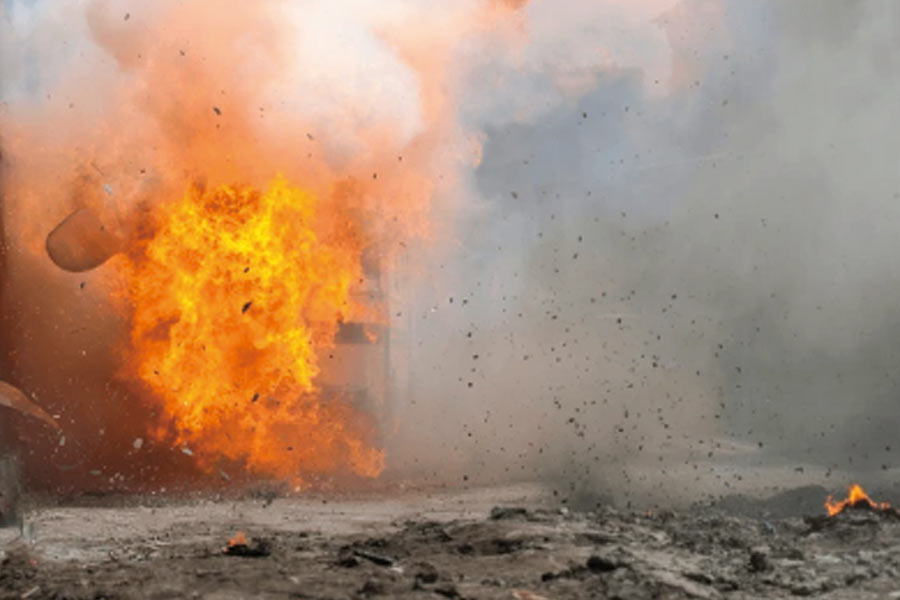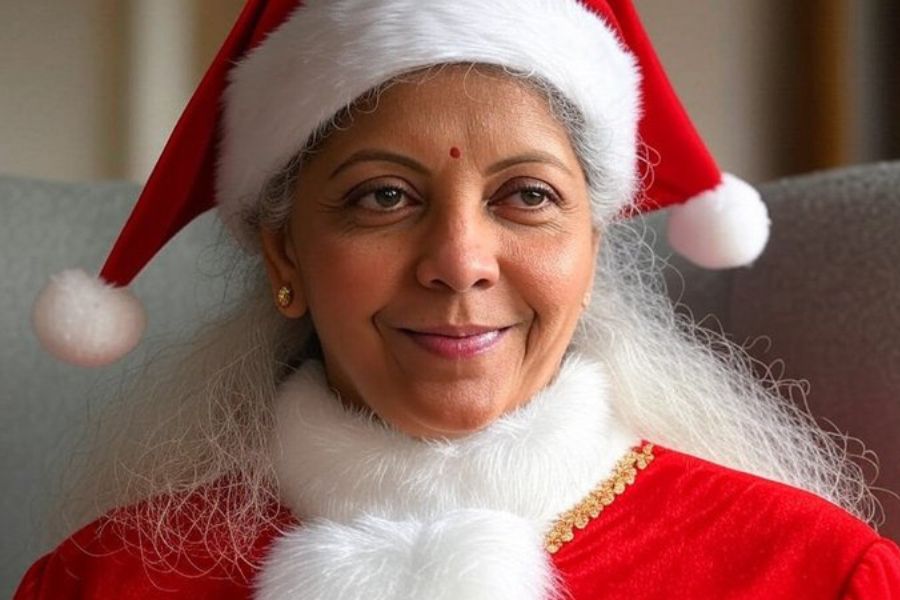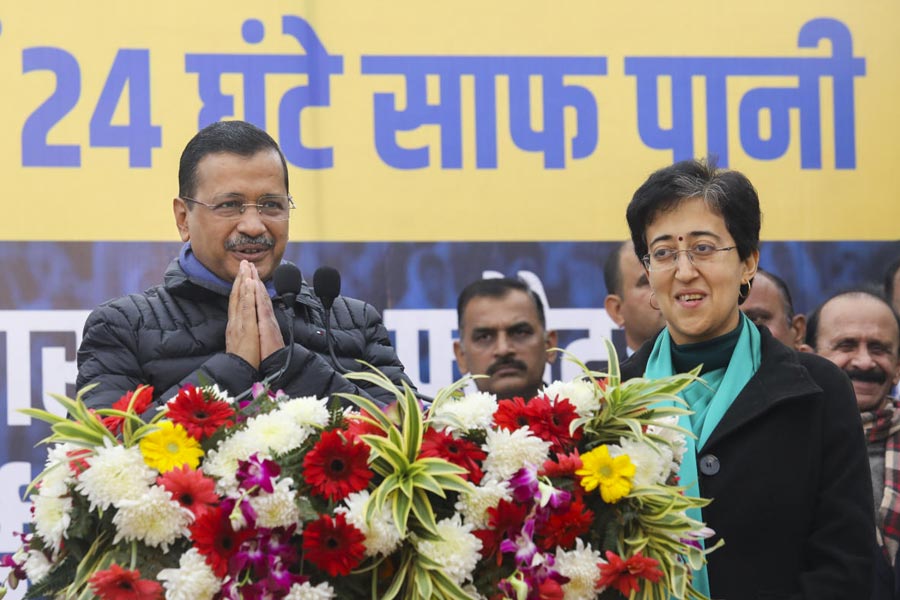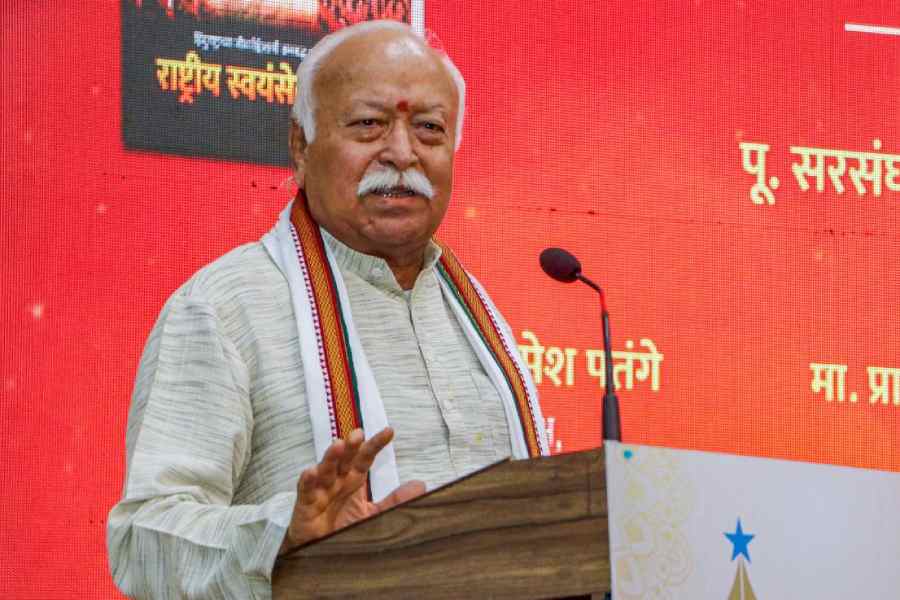A fact-finding team of the National Federation of Indian Women (NFIW) has described the ongoing clashes between Meitei and Kuki groups in Manipur as “State-sponsored” and highlighted the deplorable state of relief camps for the displaced.
The general secretary of the CPI-backed NFIW, Annie Raja, told reporters here on Monday that she suspects the violence — which has claimed more than 130 lives and displaced around 60,000 people — is linked to the exploration of petroleum in the state, which began in 2017.
“What is occurring currently in Manipur is neither communal violence nor is it merely a fight between communities. It involves the questions of land, resources, and the presence of fanatics and militants. The fascist government shrewdly carried out strategies to materialise its hidden pro-corporate agenda, which has led to the current crisis. It is State-sponsored violence.”
In the six relief camps they visited, members of the team said they had not found anyone who had received compensation or copies of FIRs on their displacement and assault or murder of their kin.
“At one camp we were shown a pre-drafted complaint that was to be submitted by all who wished to complain saying, ‘My house has been destroyed by Kuki people,’” team member advocate Deeksha Dwivedi said.
NFIW national secretary Nisha Sidhu, who was part of the team, said there was a lack of sanitary pads, women’s undergarments and medical facilities, and even pregnant women, or those who had just delivered, were not being given any supplementary food beyond the standard rice and dal twice a day.
“We asked officials to start anganwadis in these camps so young children could get more food, have the food cooked under the MGNREGA so that women can earn something, and pay old-age pension at the camps,” she added.
The demands of the NFIW include the resignation of chief minister N. Biren Singh, disarming of all warring groups and confidence-building measures with all stakeholders.
The NFIW also demanded a Supreme Court-monitored inquiry, and the deployment of the same security force on both sides of buffer zones between Meitei and Kuki-dominated areas. The advice on deployment is based on testimonies of lack of cooperation, if not conflict, between state and central forces. Meitei groups see the buffer zones as a step towards dividing the state.
Last month, the Centre instituted an inquiry commission under former Chief Justice of Gauhati High Court Ajai Lamba, and a peace committee chaired by the chief minister, which Kuki groups boycotted.
On June 26, the chief minister’s office indicated in a statement after a meeting with Union home minister Amit Shah that more stakeholders would be included in the peace process.
The Centre maintains that the violence was sparked off by Manipur High Court’s order on the recommendation of Scheduled Tribe status for the majority Meiteis. The NFIW listed a series of decisions that created mistrust between the communities before the court’s order.
Raja said they witnessed women in camps speaking on phone to their neighbours and that most of them wanted to return home despite the schism. “Manipuri women outside the state can play a big role in building confidence between the two communities,” Raja told The Telegraph, adding that the NFIW would attempt to bring women from both communities on the same platform in the national capital soon.

